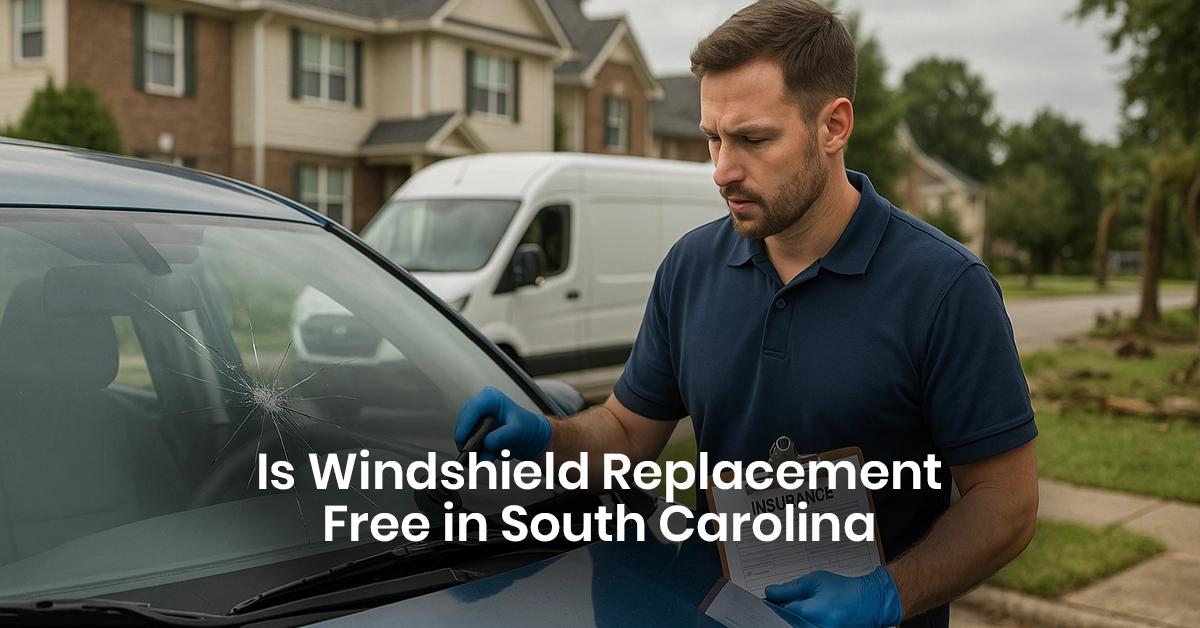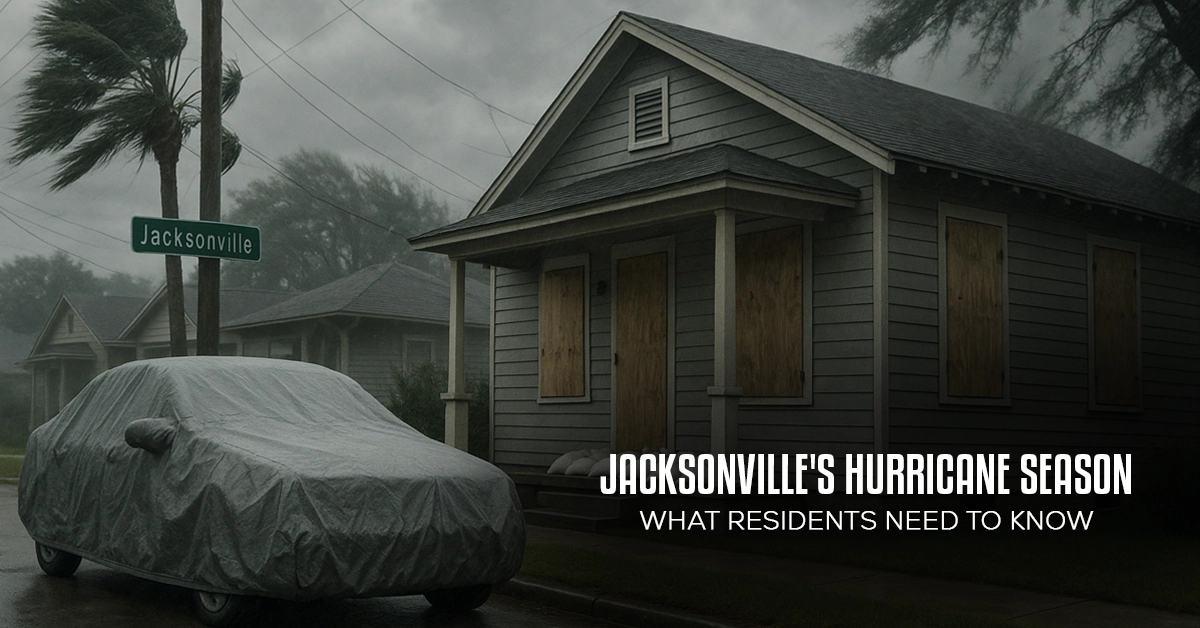Complete Guide on When to Replace or Repair Windshield?
August 20, 2024
The windscreen on your car is more than just a piece of glass—it’s a crucial component of the safety system. It provides structural stability, debris protection, and unobstructed visibility.
But what happens when it is damaged? Should you do a windshield repair or replace it entirely? This is where this guide comes in. Read on to know more!
Understanding Windshield Damage
Any damage to your car’s windshield’s glass that could jeopardize its structural stability, vision, or safety is known as windshield damage. This damage might appear as small chips and cracks or as larger, more catastrophic blows. Let’s examine the many forms of windshield damage and its underlying reasons.
Types of Windshield Damage
Understanding the various damages that can occur on a windscreen will help you decide if you need windshield replacement or repair. Here are a few typical kinds:
- Floater Cracks: This type of damage looks similar to edge cracks. The main distinction is that these cracks do not run along the windshield’s perimeter. Instead, these occur roughly two inches from the edge.
- Cracks: If you see lines on your windshield, you have a crack. They can form in any direction, with a variety of lengths and designs, such as a single line, spider’s web, or tree branches.
- Chips: If you see a little round point on your windshield, you have a chipped windshield. A chip can take the shape of a bullseye or a starburst.
- Star Break: A star break is precisely what the name says. It resembles a starburst, with a center impact point and many tentacle-like cracks radiating from it. A star break can have a diameter of one inch or more.
- Combination Breaks: Combination breaks are a mixture of two types of windshield cracks or chips. This damage gets its name due to the connectedness of the chips and cracks.
Causes of Windshield Damage
There are various reasons why your windshield damaged. Consider the following causes and save your windshield and your pocket.
- Temperature variations, such as abrupt heating or cooling of the windscreen, applying hot air to defrost a frozen windscreen, or sponging cold water on a hot windscreen, can cause stress cracks.
- Rocks and other debris kicked up by other vehicles might hit your windshield, producing chips or cracks.
- Long-term exposure to sunlight can weaken the glass, while violent hailstorms can result in dents and chips in the windshield.
- Ignored chips or cracks can spread and worsen over time.
- Any type of accident or crash can be very bad for the windshield.
When to Repair Your Windshield
Whether or not you should replace your windshield is usually determined by its size, the type of glass, and the size of the crack. The following factors help you understand when windshield repair.
Size
Determine the size of the damage to your windshield. For example, minor chips or cracks less than three inches long and some forms of star breaks are frequently repairable.
Level of Damage
The extent of the damage is also considered when assessing whether a windshield can be restored. If the crack or chip is shallow enough to penetrate just one layer of glass, it can most likely be fixed.
Position
Any damage taken by the windshield away from the driver’s side calls for windshield repair. If the damage is confined and hasn’t spread extensively, repair is often feasible.
When to Replace Your Windshield
While most windshield damage may be repaired, some cases require replacement to preserve your car’s safety, integrity, and functionality. Take a look at a few factors given below that answer your question – when to replace a cracked windshield?
Size
Cracks longer than three inches typically need a windshield replacement. If your windshield has several cracks and chips, particularly if they are close together, replacement may be more effective than attempting to repair each individual issue.
Type of Damage
Damage in the driver’s line of sight calls for a windshield replacement to ensure good visibility. Edge cracks spread quickly and are difficult to fix efficiently, so replacement is a safer option.
Level of Damage
If the damage compromises the windshield’s capacity to maintain the vehicle’s structural integrity or airbag deployment or the cracks continue to spread despite repair, replacement is required.
How to Assess Windshield Damage
You can assess windshield damage by following the steps mentioned below.
Assessing the Situation
The first step after noticing windshield damage is to park your car safely and evaluate the damage. Check if the windshield is cracked or chipped and how severe the damage is. You can use a coin or ruler to check the size of the chip or crack before deciding on a windshield repair or replacement.
Determine the Location
The next step is to check the location of the damage. It may obstruct the driver’s line of sight or tilt towards the center or the edges of the windshield.
Structural Integrity
Determine whether the damage has damaged the structural integrity of the windshield. If the damage compromises the windshield’s capacity to sustain the vehicle’s structure or airbag deployment, replacement is required.
Call in the Professionals
Consult a professional car glass expert to get an accurate diagnosis. They can do a thorough assessment and propose whether windshield repair or replacement is the best line of action.
Conclusion
Knowing when to repair or replace your windshield is critical for both your safety and a clear view of the road. While tiny chips and cracks can often be mended, major damage or concerns with visibility usually necessitate a complete windshield replacement. You should contact a specialist to verify if windshield repair or replacement is required. Wondering how to reach a specialist? Simply visit the NuVision website and get the help you need. Drive safely!







